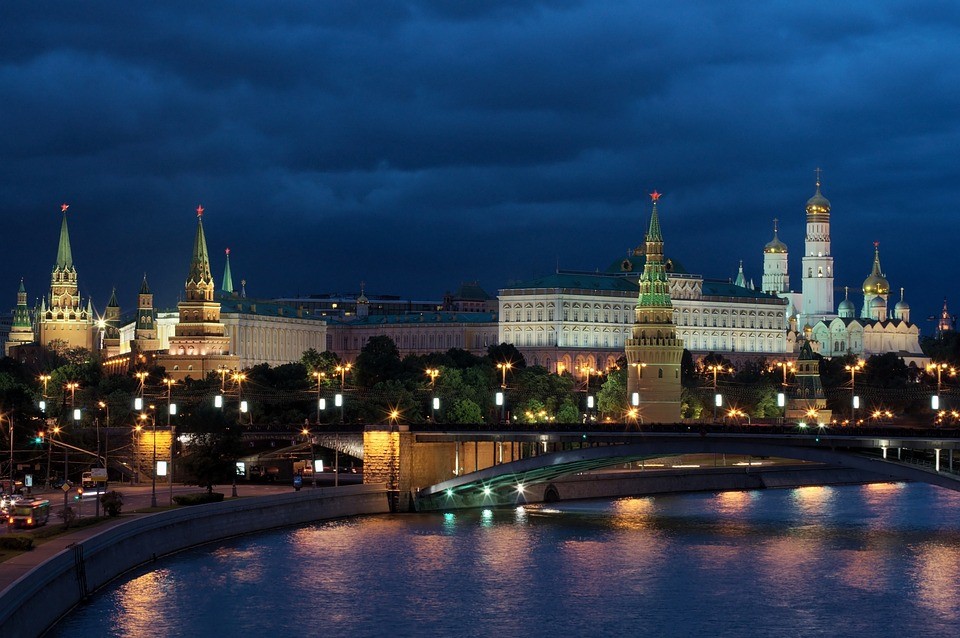President Vladimir Putin is deliberately torpedoing his country’s economy in a futile attempt to fragment Western unity on Ukraine. Pavel Baev, a senior researcher at the International Peace Research Institute in Oslo, Norway, says that is “exactly” what the Russian leader is doing in addition to his attempts to exploit European vulnerabilities. At the recent G7 meeting in the Bavarian Alps, Western leaders agreed to open-ended support of Ukraine in its fight to rid the country of invading Russian forces. After the G7, at the NATO summit in Madrid, there was a similar “unprecedented level of Western solidarity” among leaders, according to Baev. Putin is betting heavily that the Western united front will be short-lived, although Russian media are admitting Western solidarity remains strong and determined.
Even French President Macron has pulled back from his protracted conversations with Putin, says Baev, as he finds them pointless. In Norway, the government decided to disallow the cross-border transit of supplies to a Russian-populated settlement on the Svalbard archipelago, according to a recent Izvestia report. Lithuania, too, is abiding by European sanctions and, despite protests from Moscow, has not lifted restrictions on the rail transit of banned goods going to Kaliningrad. There is little Putin can leverage at this point. The Eurasian Daily Monitor notes that “the European Commission announced plans to cut European Union imports of Russian natural gas by two-thirds by the end of 2022.” In response Putin attempted to make cuts to natural gas supplies to Europe at a faster rate than the EU can diversify its supplies. Daria Korzhova, writing in The Bell, says that Putin’s decision caused severe disruptions in the Russian energy sector and resulted in Gazprom deciding against paying its shareholders any dividends in 2022. A week ago, Putin signed a decree which effectively nationalized the Sakhalin-2 energy project, despite Mitsui and Mitsubishi’s plans to stay. The Japanese companies now face terms dictated by the Kremlin, according to Baev. Putin is not altering his plans.
Chinese giants Huawei and Lenovo both are pulling back on their activities inside Russia, although the economic data showing its extent is being camouflaged by Russian authorities. Putin needs Chinese support. To dull any fallout from NATO, the Russian publication Kommersant reports this week that the country is selling China large quantities of liquefied natural gas (LNG) from this well-functioning project instead of earning more by sending it to Japan.
Kommersant also reported that there is a 96.7% decline in the production of Russian automobiles due to disruptions in the supply chain from Western sanctions. The Moscow Times called it “reminiscent” of the gray economy of the 1990’s when Western goods all but disappeared from Russian store shelves. Ekaterina Grobman notes in Vedomosti that Putin decided the country could not paralyze industries crucial to his “special military operation” in Ukraine so Moscow is drafting legislation that makes it compulsory for businesses to abide by prices and schedules set by state agencies and to deliver first on all military related orders. Putin, however, may still face production delays as the lack of parts prohibit the finished production of many advanced technology goods and the spare parts needed for industrial equipment.
“Putin can rely neither on business lobbies in Germany and France, since their investments in Russia are transferred to the “net losses” budget bracket, nor on the multiple trans-border channels for exporting corruption, which have been curtailed and are being investigated in the West with sudden keenness. His “messaging” to Western counterparts comes increasingly in the form of missile strikes on apartment buildings and shopping malls in Mykolaiv, Odesa or Kremenchuk—and the recurrent horrors of these war crimes only strengthen the conclusion within the transatlantic community that Russian aggression cannot be contained and must be defeated,” says Baev.NATO’s New Strategic Concept that emerged from the Summit further exacerbates Putin’s domestic economic problems. Jamestown Foundation’s Vladimir Socor writes that “Although the new Concept restates NATO’s 360° approach to the Alliance’s security, it is Russia and the gamut of threats emanating from it that hold the front and center….” The 2022 document says that “The Euro-Atlantic Area is not at peace. The Russian Federation has violated the norms and principles [of] a stable and predictable European security order.” Therefore, “We cannot consider the Russian Federation to be our partner.” On the contrary, it adds, “The Russian Federation is the most significant and direct threat to Allies’ security and to peace and stability in the Euro-Atlantic area.” So far, Putin has failed to create even a minor chasm among Western nations, while instigating an economic crisis at home that could drive him from office in the coming year and sink the Russian economy. One US military analyst familiar with Putin said that like a cornered snake he will continue to strike out until he wins or dies trying. He may take down the Russian economy along the way.
Daria Novak served in the U.S. State Dept.
Photo: Pixabay
